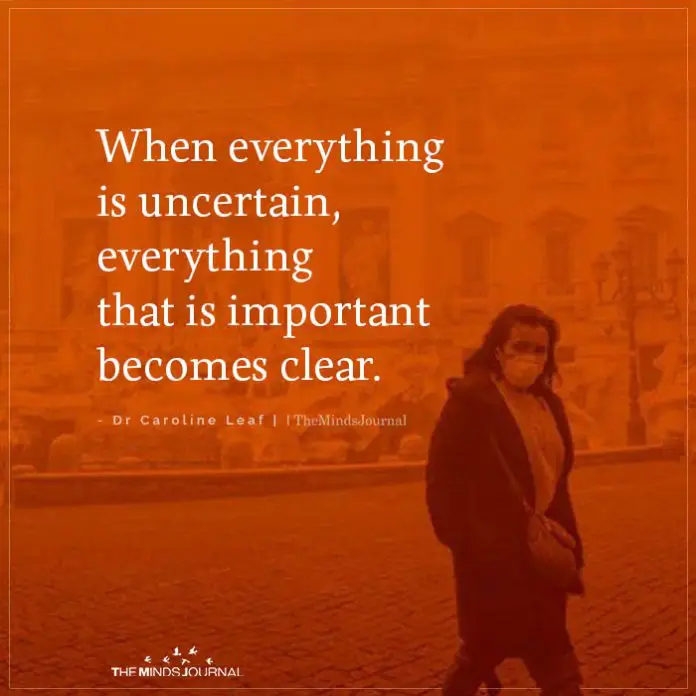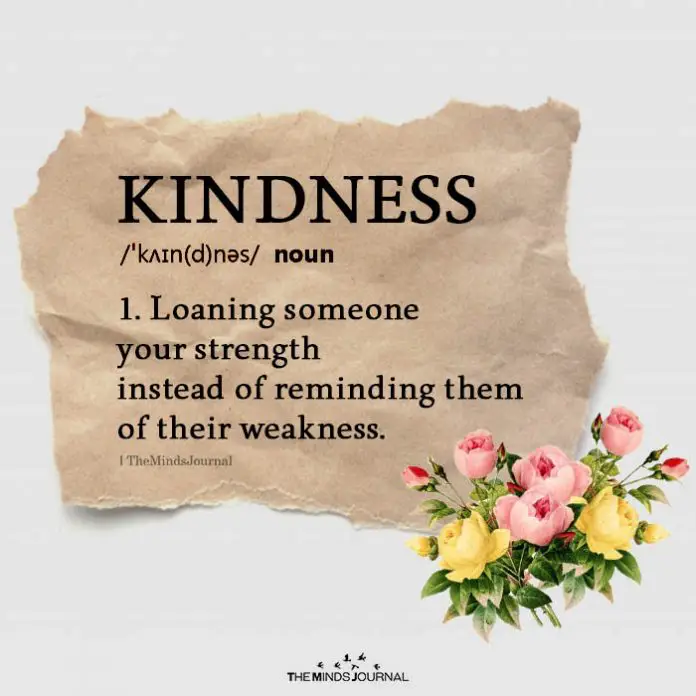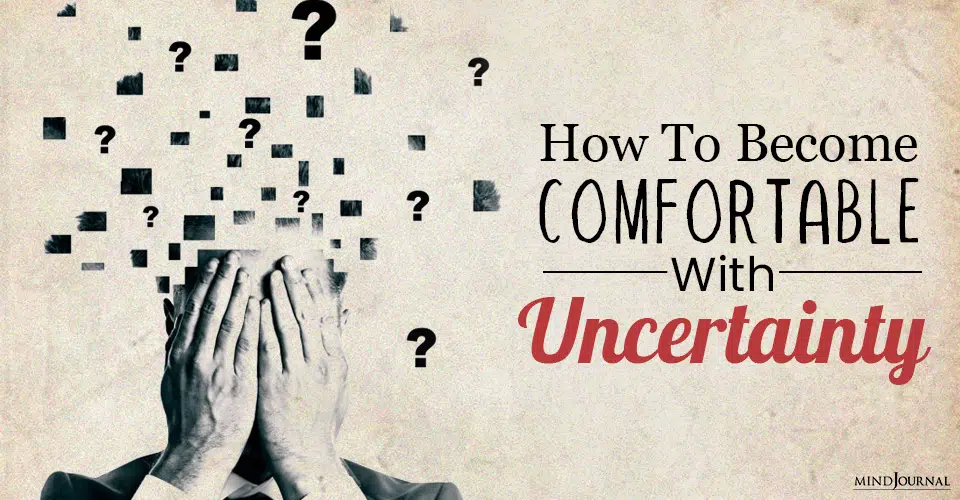It’s no surprise that the stress and anxiety of the COVID-19 pandemic are having a significant effect on people’s mental, as well as physical health. Public health and racial justice challenges also create opportunities.
According to a national poll released this Spring by the American Psychiatric Association (APA), more than one-third of Americans (36%) reported that coronavirus is having a serious impact on their mental health and over half (59%) indicated it’s having a serious impact on their day-to-day lives. 19% reported having trouble sleeping, and nearly one in four people (24%), said they have had trouble concentrating on other things because of concerns about coronavirus.
Most adults were concerned about the negative impacts of COVID-19 on their finances (57%) and almost half were worried about running out of food, medicine, and/or supplies. Two-thirds of Americans (68%) fear that the coronavirus will have a long-lasting impact on the economy.

While COVID-19 and its related concerns are a new stressor, the past is all too present in the recent spate of horrific high profile murders of African Americans, including by law enforcement authorities, crystalizing awareness of the systemic racism that has been all too prevalent throughout US history.
The continuous news reports of protests, initially littered with incidents of rioting/looting, and often heavy-handed law enforcement responses evoke widespread anger, sadness, frustration, and fear. In combination, the result for most people is a sinkhole of uncertainty.
Uncertainty occurs when the ground with which we’re familiar shifts, seemingly right beneath our feet, and things are in a state of flux where no one knows what will happen next or how things will play out, and what a “new normal” may look like when the dust settles.
Also read How Healthy Thinking Techniques Can Help You Deal With Your Problems Better
The human body is hardwired to respond to uncertainty in that as our brains are structured to assess potential threats/risks. In the face of uncertainty and unpredictability our nervous systems are on high alert, braced for reacting through fight, flight, or freeze.
Tragically, the polarization of positions related to both the coronavirus (fully reopening the economy vs. proceeding more slowly and cautiously) and the issues of racial equality and police brutality is pouring accelerant on this sense of uncertainty and intensifying the emotional intensity and anger. Social media and certain news outlets oversimplify the issues and amplify the loudest and angriest voices—further increasing the experience of “threat.”

Crisis creates opportunities
A crisis can be any event or series of events that create an unstable, threatening situation affecting an individual, family, group, community, or whole society. All crises share several defining characteristics that include: being unexpected, producing high levels of uncertainty, anxiety, and stress, and representing a threat (real or imagined) to those affected.
A crisis can revolve around a specific incident such as an earthquake, tornado, tsunami, an industrial accident, or a terrorist attack. Crises can also be related to any substantial change in the events that comprise the daily life of a person and his or her closest significant others.
Such circumstances consist of situations that are life-altering and include everything from medical/public health emergencies, serious injury, and long-term illness, crime victimization, widespread public unrest, and the loss of a job/career and/or extreme financial hardship, to active addiction that can no longer go unaddressed.
On a personal level, crisis is a state of psychological disequilibrium (imbalance) that occurs when extraordinary events trigger extreme stress, challenge our perceptions of life as we know it, and throw us into turmoil. Because crises disrupt what is familiar and in turn comfortable, these shifting sands also create rare and meaningful opportunities for growth and change.
Such opportunities may never have existed before, at least not in the conscious awareness of those caught in crisis. But the stress and uncertainty of the situation can cloud our ability to see and utilize the opportunities that emerge.
Often, the difference between despair and hope reside in a change of perspective. The 1st principle of Buddhist psychology is that all phenomena are impermanent and constantly changing, yet we tend to relate to them as though they are or should be permanent.
This discrepancy is a source of considerable mental and emotional suffering. As a result, the first and most essential step toward becoming more comfortable with uncertainty and more skillful in dealing with it is to understand and begin to accept that as much as we’d like it to be otherwise, virtually nothing is certain. Just as the only true constant in life is change, the only real certainty is uncertainty.
Learning how to live with uncertainty and the various forms of discomfort that come with it creates and strengthens resiliency (the ability to adapt to change). It’s also a fundamental aspect of becoming an emotionally and developmentally healthy adult.
Daily actions to help you become more comfortable with uncertainty
- Practice kindness and compassion whenever possible (and it’s almost always possible)—toward yourself as well as others.

- Hydrate/drink water—many people simply don’t drink enough water and are frequently in a state of mild dehydration that exacerbates stress and anxiety.
- Be aware of your breathing and breathe intentionally, making your breathing slower and deeper—under the influence of stress, anxiety, and uncertainty breathing tends to become more rapid and shallow (in preparation for fight, flight, or freeze) which only increases stress and anxiety.
- Reach out to someone by phone or video chat, if in-person contact isn’t an option—a friend or family member—who will listen with presence and emotional availability (and be present and emotionally available with them).
- Engage in some movement of physical movement (movement is the body’s internal lubricant), ideally one that elevates your heart rate for at least several minutes.
- Re-animate your core values—bring to conscious awareness the values most important to you.
- Do at least one thing that aligns with your core values—something you can genuinely feel good about.
- If possible, be of service and do something meaningful (however small) for someone in need or less fortunate.
Also read Common Relationship Problems: Never Ignore These 5 Problems In Your Relationship
It’s so beneficial to consciously acknowledge your sense of uncertainty, even to “greet” it (“Ok, I’m experiencing a sense of uncertainty”), along with the feelings of stress, anxiety, and anger that may accompany it. Observe your sense of uncertainty and those feelings. Allow and make space for them. Hold that space and be present so that you can sit with and begin to make peace with them. And when you practice this, notice what happens and how your experience shifts.
Copyright 2020 Dan Mager, MSW
References https://www.psychiatry.org/newsroom/news-releases/new-poll-covid-19-imp…
Written by:Dan Mager Originally appeared on:Psychology Today Republished with permission









Leave a Reply
You must be logged in to post a comment.